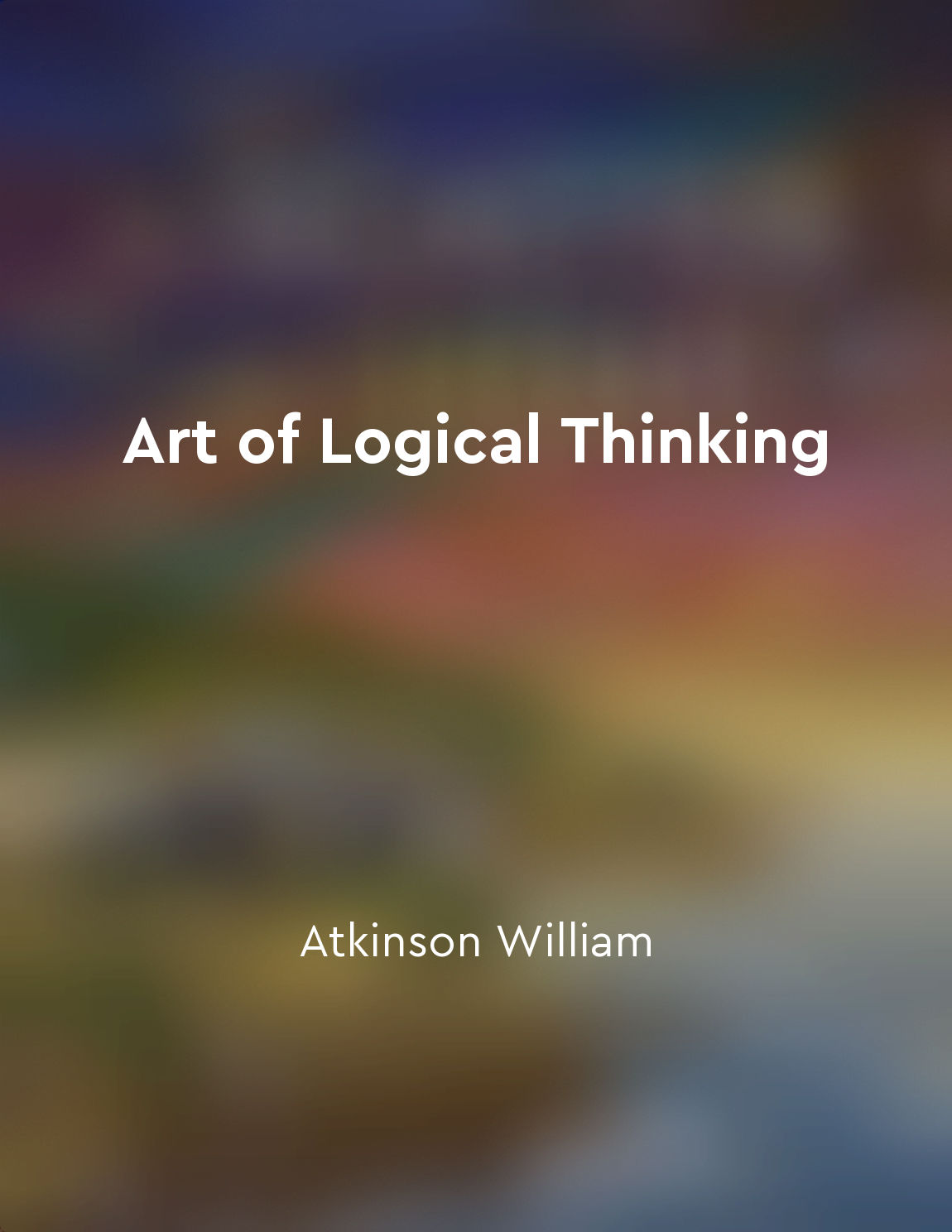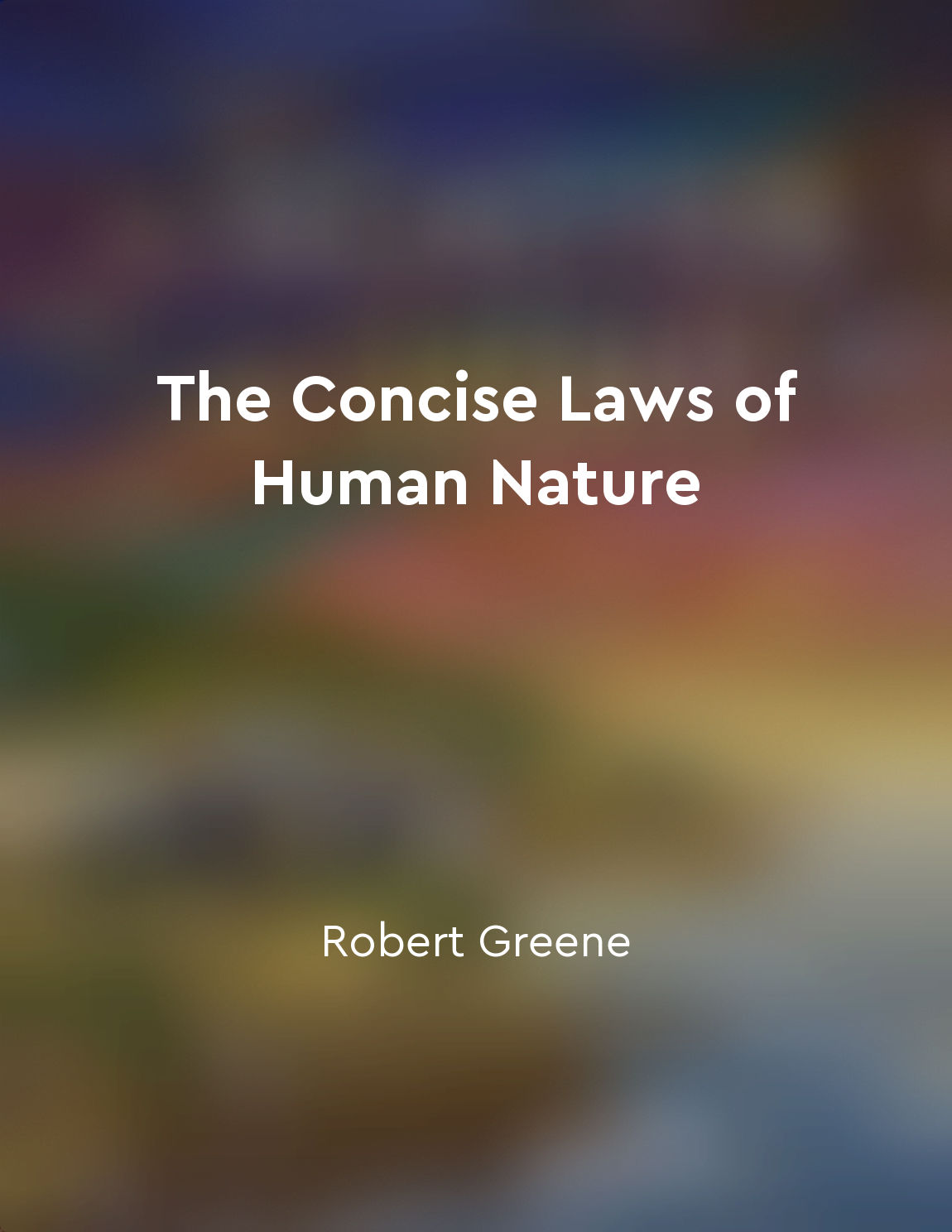Avoid jumping to conclusions from "summary" of THINK BEFORE by Peter Malcolm James
Jumping to conclusions is a common tendency that many of us fall into without even realizing it. It happens when we make assumptions or form opinions based on limited information or without considering all the facts. This can lead to misunderstandings, conflicts, and poor decision-making. When we jump to conclusions, we are essentially taking shortcuts in our thinking process. Instead of carefully examining the evidence and weighing all the possibilities, we rush to judgment based on our biases, emotions, or preconceived notions. This can cloud our judgment and prevent us from seeing the full picture. To avoid jumping to conclusions, it is important ...Similar Posts

Replacing negative selftalk with positive affirmations is beneficial
When you’re feeling down or overwhelmed, it’s easy to fall into a pattern of negative self-talk. You might catch yourself think...
Take note of verbal cues
When engaging in conversation, it is crucial to pay close attention to the words being spoken. Verbal cues can provide valuable...
Develop your observational skills
To truly understand someone's thoughts, feelings, and intentions, you must sharpen your ability to observe and interpret nonver...

Counterarguments strengthen logical debates
In logical debates, the introduction of counterarguments serves to strengthen the overall argument being presented. By acknowle...
Critical thinkers seek evidence to support beliefs
Critical thinkers are individuals who actively engage with information, ideas, and arguments in a thoughtful and reflective man...

People are often unconsciously drawn to those who mirror their own qualities
This concept reveals a fundamental truth about human nature: we are naturally attracted to those who reflect our own qualities....
The problem of induction challenges knowledge claims
The problem of induction poses a significant challenge to claims of knowledge. Induction, as a method of reasoning, involves dr...
Formulating clear and precise statements
Formulating clear and precise statements is essential in logical thinking. When crafting statements, simplicity is key. Complex...
Emotions play a crucial role in decisionmaking
In the realm of decision-making, emotions wield a significant influence, often playing a pivotal role in the choices individual...

Rationality can involve cooperation and coordination with others
Rationality, as I have argued, is a complex and multifaceted concept that goes beyond mere individual decision-making. It also ...
